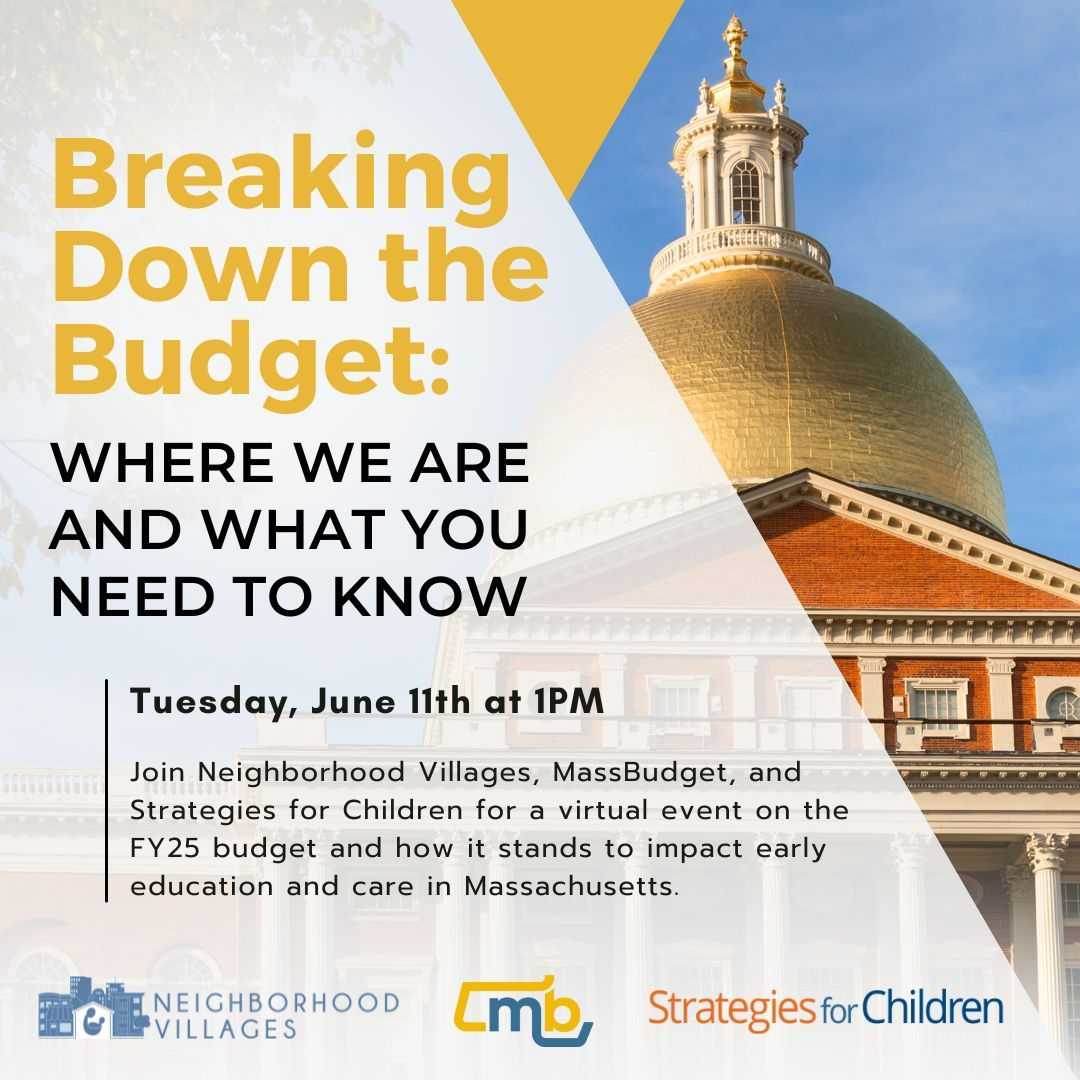
Christine Ashman grew up in Massachusetts, but she has lived in China and in England, and she developed an interest in early education when she was living with her husband in Australia.
What caught Ashman’s attention was a cooperative child care program at Macquarie University, in Sydney, where Ashman was earning a master’s degree in International Communication.
Once she moved back to the United States and settled in New Hampshire, Ashman wanted to stay home with her own children, so she worked with a friend who was an early educator and opened a family child care program.
“I liked the idea of having a business. I wanted to be home with the kids, but doing something. And with my experience at the co-op, I thought, Oh, yeah, this is something I can do. The idea of taking care of other people’s kids was kind of intimidating, but I was like, I can do this.”
She enrolled in a training program and joined a family child care professional association.
After running her business, she diversified her career, joining AmeriCorps as a child care advocate, then working in a public school as a special education aid, and moving on back to working in early education. Along the way she earned a master’s degree in early childhood and special education.
Ashman did her practicum at Head Start, and when a coach arrived to work with the educators, Ashman thought, “Oh my God, coaching early educators is a job.”
Fast forward to today, and Ashman is an early childhood education coach at Neighborhood Villages as well as a member of Strategies for Children’s Advocacy Network.
Among the lessons Ashman has learned in her career? Change is slow, whether it’s an effort to increase child care quality or a campaign in New Hampshire that Ashman was involved in to enroll caregivers in the state’s health insurance program.
“I heard so many stories about programs that were losing good teachers to Walmart or Target because they could get benefits. It’s frustrating that it took a pandemic to get us to a point where we could move beyond basic incomes for early educators. People had been trying so many initiatives for so long. Fortunately, people are now starting to realize that the economy runs on childcare.”
Ashman was finishing up a CAYL Institute fellowship when she decided to join the Advocacy Network.
“At CAYL, we learned about leadership and how to use these skills in our field and in policy work. We researched issues that need an advocacy base, like infant-child mental health and improving conditions for teachers.
“We came up with the idea that the best way to promote leaders from the field was to have more seats on the EEC board,” Ashman says of the board of the Department of Early Education and Care.
As a member of the Advocacy Network, Ashman says that she feels a lot more connected to the field.
“Before this, I was reading about what’s happening, but I wasn’t connected to other people. So it’s great to connect with other people and hear their stories,” Ashman says of her Advocacy Network colleagues. “And through Strategies, a couple of us were able to participate in the NAEYC Public Policy Forum.
“This experience made me realize that we’re not alone. There are all sorts of amazing researchers and public policy people who are working on our issues. We may not be getting the kind of change we want as fast as we want, but people are focused on us.”
For her Advocacy Network project, Ashman drew inspiration from The 9:30 Call at Night, where she listened to family child care providers talk about their issues. The experience reminded her of her own early start in family child care, and she decided that this was an area where she wanted to take action.
Ashman has completed a survey that she’ll send to family child care providers asking what they want to know, and she’ll use the survey results to develop an information sheet. Topics that have already come out include the challenges of securing liability insurance and exploring ways to leverage shared buying power.
“It might be a one pager or, from the sounds of enthusiasm that I’ve gotten from people I’ve talked to, it could end up being a website.”
If Ashman could speed up change in all areas of early education and care, the world would look different.
“I would love to see child care funded as a public good. And there could be a lot more focus on family child care providers and on recognizing them as the professionals as they are. We need the funding, and we need the recognition.”




Leave a Reply